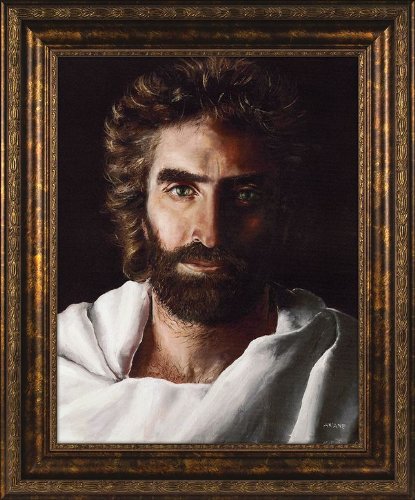Recently St. Monica Parish was recently audited for its compliance with the United States Bishop’s Charter for the Protection of Children and Young People as well as the reporting and background check requirements of the State of Pennsylvania. To be perfectly frank, getting adults and parents to comply with the child abuse clearance procedures has been extremely frustrating for me and members of the Parish Staff and, even after hammering away at people for over two years, we are still not at 100% full compliance as some parents,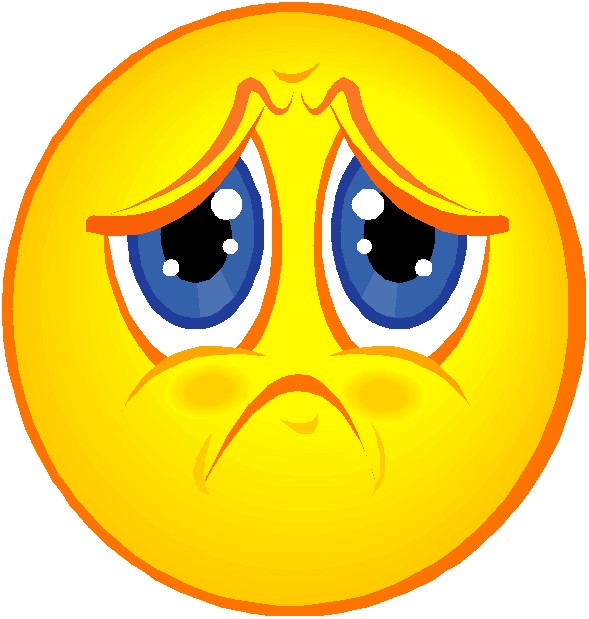 coaches, mentors and other adults either ignore our requests or try to circumvent the process while still interacting with children and youth in sports, social – and spiritual activities. (Sorry, I just do get it). The archdiocese will examine the results of the audit and work with us over the next 60 days so that St. Monica parish is 100% compliant.
coaches, mentors and other adults either ignore our requests or try to circumvent the process while still interacting with children and youth in sports, social – and spiritual activities. (Sorry, I just do get it). The archdiocese will examine the results of the audit and work with us over the next 60 days so that St. Monica parish is 100% compliant.
During the visit of Pope Francis to the United States, the topic of “child abuse” and the church was commonly seen in the media. Bishop James Conley heads the Diocese of Lincoln, Nebraska and recently offered a commentary on this topic. His thoughts, along with some of my own comments, are below.
The Catholic Church is a supernatural community, united together in Christ Jesus, protected and sustained by the Holy Spirit. But the Church is also a community of human beings, of ordinary people, who are capable of great love and of great sinfulness.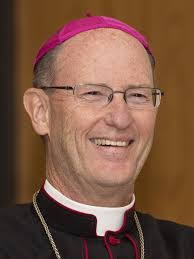
Sin — especially the most grave sins — can have profoundly hurtful consequences for other people and for the community of the Church. The laws and policies of the Church help to ensure safety and freedom, particularly for children and for those most vulnerable to being harmed.
Since they were passed in 2002 by the Catholic bishops of the United States and approved by the Holy See, dioceses and archdioceses in the United States have followed a set of Church laws called the “Essential Norms for Diocesan Policies Dealing With Allegations of Sexual Abuse of Minors by Priests or Deacons.” These norms are concerned with ensuring that child abuse has no place in the Church — that there is no room for it to take place and that it is not tolerated, under any circumstances, if it does take place. Dioceses participated in most of the recommendations of the voluntary Charter for the Protection of Children and Young People, which is published by the U.S. Conference of Catholic Bishops (USCCB) as a guide for bishops to help maintain safe environments in the Church. Additionally, dioceses observe civil law regarding child-abuse protection and reporting.
Among the recommendations of the USCCB’s charter is that every diocese be audited each year to ensure that it has done all it can to help create safe environments. The purpose of the audit is accountability. It is not intended to be punitive or invasive, but instead to help dioceses create safe environments. Initially, in 2003 when these audits began, the process was still being worked out, and it needed refinements. Legitimate questions were raised about its purpose and methodology. For that reason, some dioceses/archdioceses elected not to participate in subsequent audits.
Since 2003, the audit process has improved. It now offers some clear benefit to dioceses that undergo it, with minimal interference in the ministry of the Church. It helps bishops hold themselves accountable, and it offers the virtue of transparency — an assurance that the Church takes child protection seriously. It also offers “best practices” to help every diocese be vigilant about safety for children. In consultation with priests of the diocese, Lincoln (and Philadelphia as well) decided to participate in the audit in 2016. After that time, the Bishop Conley will consult with his priests and local lay experts again, in order to determine whether or not the we should continue.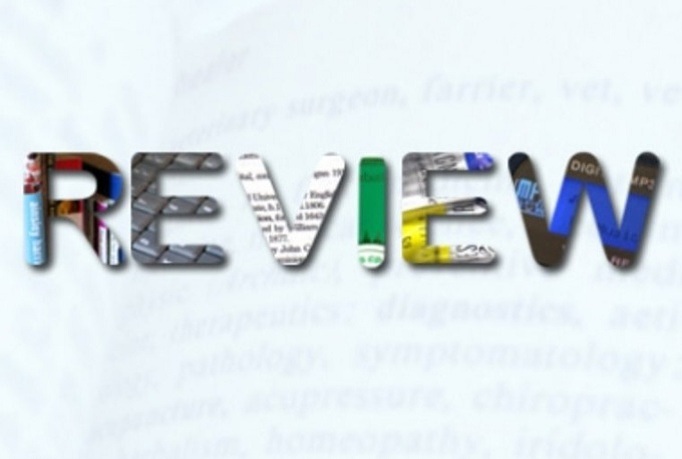 The audit involves review of diocesan policies and review of the extent to which policies are followed. It does not involve review of our priests’ personal information or of the personal and private information of diocesan employees or parishioners. It is designed to be a tool. It should hopefully demonstrate clearly the job that a diocese/archdiocese does in creating and maintaining safe environments for children.
The audit involves review of diocesan policies and review of the extent to which policies are followed. It does not involve review of our priests’ personal information or of the personal and private information of diocesan employees or parishioners. It is designed to be a tool. It should hopefully demonstrate clearly the job that a diocese/archdiocese does in creating and maintaining safe environments for children.
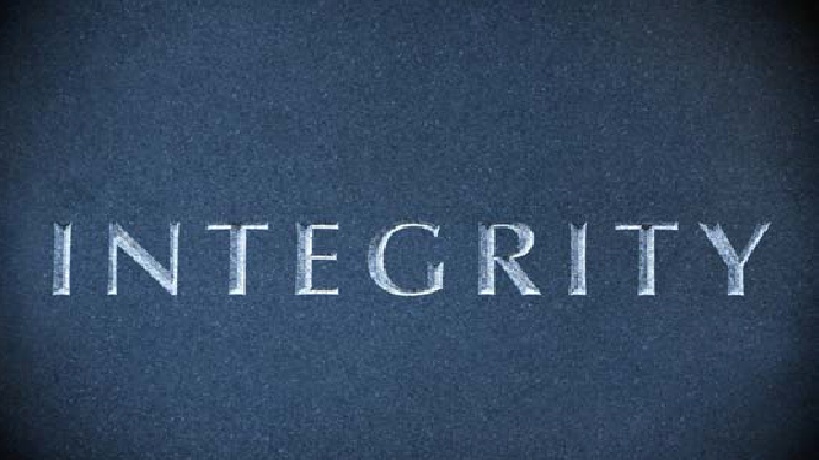
Of course, the USCCB’s audit is mostly an evaluative device. It measures what is already being done. And it is not the most important tool for creating and maintaining safe environments. The most important tool is our integrity — our commitment to do good and to avoid evil. Holiness, in each one of us, is the best way to keep our children safe. We are blessed with holy priests, holy religious, holy teachers, holy volunteers and holy parents — you model holiness for our children, and in the Spirit of Christ, you protect them. Nothing is more important that that.
In the weeks and months to come, parents and parish volunteers will hear more about the audit and its process. Some have already expressed that they find the process complex and burdensome. this is the price that needs to be paid to ensure the safety of our children and that should not be considered a significant burden. If we want to keep children safe, we should spend our time thinking most about Jesus Christ — and about the graced and blessed community he has given us in his holy Church.
